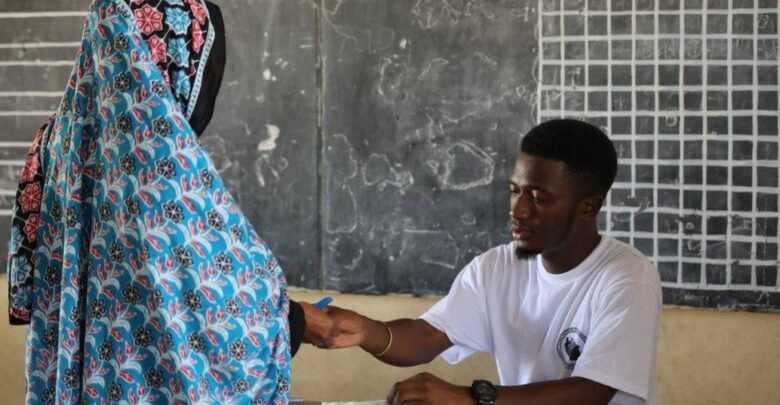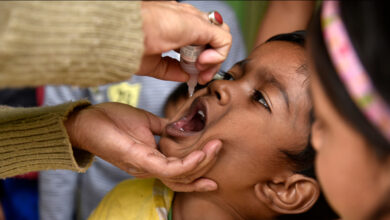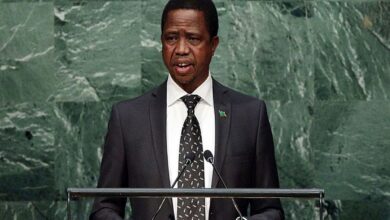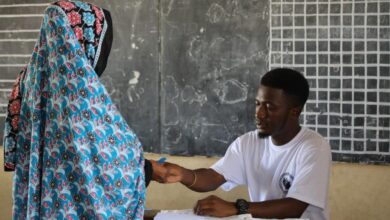Zambia
Zambia: Electoral Body Begins Electronic Inspection Of Registered Voters Ahead Of Election

Zambia’s electoral body began the electronic inspection of the provisional voters’ register on Friday ahead of the general elections scheduled in August this year, reported CGTN Africa. The electronic inspection exercise will run from February 7 until May 7.
Electoral Commission of Zambia (ECZ) Chief Electoral Officer Patrick Nshindano said the electronic-based inspections will involve the use of a website platform and mobile phone platforms.
“In our quest to be innovative and provide convenience for the registered voters, we have devised electronic means of verification of voter details on the provisional register especially now that the country has not been spared by the COVID-19 pandemic,” Nshindano told reporters during a press briefing.
Last year, the Zambia government conducted a voter registration exercise in which about 7 million people registered. The electoral body launched a new registration exercise to update the register and capture new voters who had attained the voting age. The electoral body has confirmed that the elections will be held despite the COVID-19 pandemic.
During this year’s election, President Edgar Lungu will be seeking to get a full second term in office amid concerns as to how highly indebted the southern African country has become over the last decade to international lenders. Notably, the government debt as a share of GDP has risen to 120% during Lungu’s presidential term.
In related news, the Zambian government on Friday announced that it had officially applied for restructuring under the G20 debt suspension initiative for the world’s poorest countries. The country’s external debt increased to nearly $12 billion in 2020. It missed two interest payments over the past three months amounting to $98.6 million.
“Zambia is committed to transparency and equal treatment of all creditors in the restructuring process,” Finance Minister Bwalya Ng’andu said in a statement. “Our application to benefit from the G20 Common Framework will hopefully reassure all creditors of our commitment to such treatment.”





